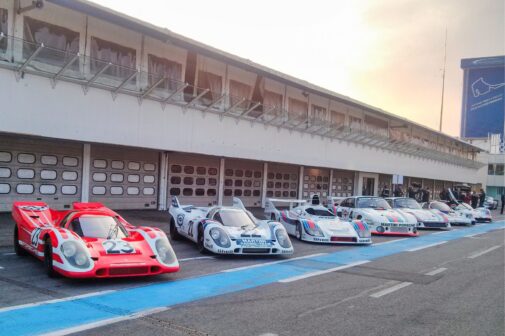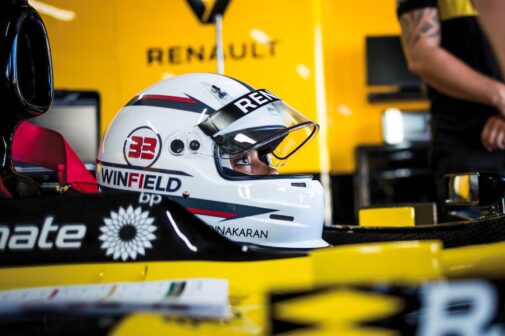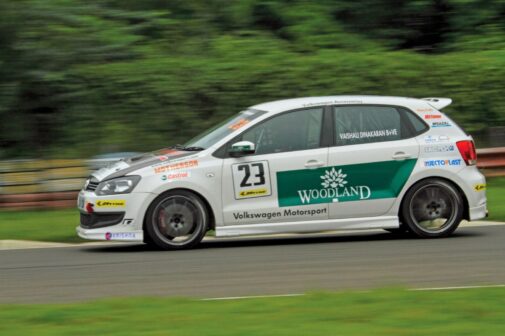It’s October 1987. Bangalore is still — as yet unaltered by a blasphemous change to its name — the ‘Garden City’, where young couples stroll together on a bougainvillaea-bowered promenade. Where retirees choose to settle to enjoy the sound of silence. Where dusks are exceedingly golden. Where bookstores abound — brimming over with space and time portals encased in dust jackets. It’s in this city that smells of nostalgia and yellowing pages, at around that same time, I take my first breaths, unaware of how those very printed sheets will, more than anything else, shape the course of my life.
It’s also around then, I imagine, some 8000 km away, an eager reader in London is peeling apart the pages of the October 1987 issue of Motor Sport magazine. Eyes darting from word to word, absorbing everything Derek Bell, crowned Le Mans winner for a fifth time a few months earlier, has to say. Taking in his words about how it was the perfect amalgamation of ‘Luck, skill and compatibility’ that led to the No. 17 Porsche 962’s overall victory.
My mind conjures up similar scenes across the pond, where another reader is meditatively imbibing the words of Peter Egan’s column in that month’s Road & Track. Egan writes of how as a 12-year-old, he invested five hard-earned dollars in a near-scrap Ford flathead V8 engine hoping to learn how to take it apart and put it back together. I suppose, although I have no way of confirming this, that it was around then that both magazines were also deputing writers to attend the last three races of the 1987 Formula 1 season. Growing up, I was envious of those readers and writers in equal measure. In the graph of age vs. ‘items checked off the bucket list’ that constantly rose and fell within my head, I begrudged them the head start they’d had over me. And although neither reasonable, nor rational, nor fair, I resented the fact that I was resigned to playing ‘catch up’ forever.
I cannot tell you at what exact point my fascination for the written word transformed into my desire to tell stories. Nor can I pin down the precise moment in which I realised that it wasn’t quite enough to merely watch racing on television, or read about racers and their escapades. Instead, I had to be there, trackside, marinating in the sounds, smells and an array of human emotions that only racing circuits and rally stages could offer up. Nor at what point my two interests melded together. I am aware only that one-day motorsport stories emerged as my raison d’etre — the inevitable offspring born from the marriage of storytelling and motor racing.
Everything that’s followed — I put down to a mixture of obstinance, naivete, and sheer dumb luck. Combined perhaps with an inherent fear of the mundane. After all, the exercise of crafting a motorsport story might be many things, but it is
certainly never dull. And rarely does finishing one story fail to deliver the sort of high that helps sustain me until I get to tell the next.
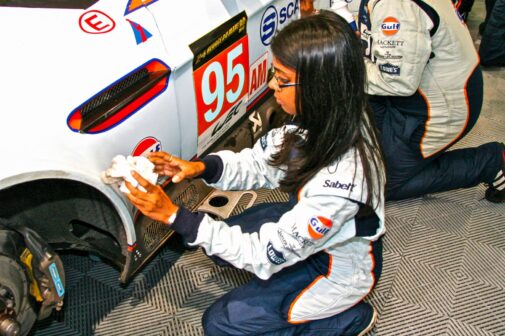
I do not want to talk very much about the chances that motorsport has afforded me, other than to say I am very grateful for them. Because I am well aware that my list of motorsport milestones pales in comparison to that of very many writers whose work I’ve admired reading over the years. But I do want to say that I wouldn’t trade my own experiences for theirs. I suppose the envy of youth has subsided, replaced by a few (as yet easy to conceal) strands of grey, and accompanied, if not by wisdom, by memories. Motorsport has served as a microcosm, within whose confines I’ve witnessed a myriad of human emotions. The elation of championships won, the tears and frustration of hard-fought races lost on the very last lap and the sheer devastation that comes along with the sport’s very dark days.
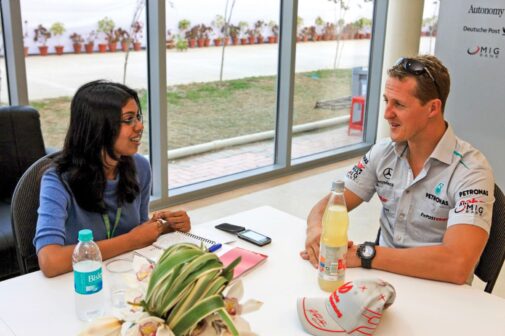
It’s also served as a microcosm within which I’ve sometimes been made aware of exactly who I am, because of how people have reacted when confronted with who I am not.
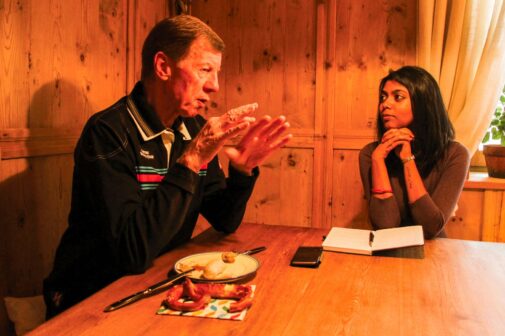
See, I don’t constantly think of myself as a woman (except perhaps when walking home alone late at night) any more than I think of breathing. Simply because this is the skin I have always inhabited. I know no other way of being. But every once in a while, within the context of motorsport — which has by and large been a very welcoming space for me — are moments when I’m made aware that to some I represent a glitch in the matrix. A world within which everything I’ve elucidated in the first half of this piece of writing, isn’t enough to explain why I love the sport that I love. There must be more to it. A world within which my love for motorsport cannot be attributed to my inherent interest in it. Instead, it must be attributed to some male influence in my life, without whom I never would have been drawn to racing. A world in which male colleagues are readily invited into discussions on motorsport. But I’ve had to first pass a few tests before I’ve been allowed to participate.
When I was starting out, I did those tests with the glee of a border collie jumping through hoops at an agility course. I suppose on some level I enjoyed showing off. Now, all these many years later, I’ve grown a little tired of it. Because it never stops. There’s always some new acquaintance – professional or otherwise – who wants to see if you can pass the special test they’ve curated. It causes me a feeling
not dissimilar to when the cable cuts out or the Internet goes on the fritz towards the end of a grand prix. Frustrating, but often beyond one’s control. As much of life can be.
A fundamental motorsport lesson I was taught, on the sole race weekend in which I’ve ever competed, had to do with control. It was back in 2011, on an assignment for this very magazine, that I’d been sent to compete in a women’s race at the Madras Motor Racing Track, where, save for me and two other amateurs, the grid comprised some truly formidable drivers, all of who had vast amounts of skill and experience. Acutely deficient in both, I was appropriately rattled. It was midway through the second practice session that I had the ignominy of spinning the VW Polo Cup car I was driving, while exiting the final corner of the track, eventually coming to a stop on the main straight, in full view of nearly everyone watching.
Thoroughly humiliated and absolutely mortified, I shamefacedly retreated to the pits to lick my wounds. My race instructor was having none of it, though. ‘The energy flows where the focus goes,’ he said to me. ‘Focus on what you can control — trying to get your lines right and trying to improve your lap times. The rest doesn’t matter,’ he insisted. And so I did. When I stopped worrying about what people were thinking or saying about my abysmal performance, and just focussed on the task at hand, I got a tiny bit better. Instead of trailing the timing sheets in dead last, I managed to qualify ahead of the two amateurs. And though my focus didn’t last through the course of the race distance, the words from that driving coach helped me immensely, and I like to think I’ve kept in mind the lessons learned that race weekend.
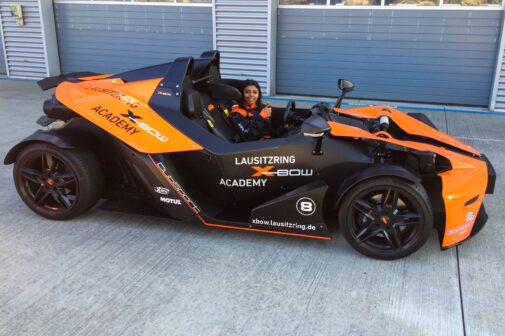
So, shut out the noise. Focus on what you can control. Learn that stubbornness, in the right amounts, can be a tremendous asset. That being ever-so-slightly naive can keep hope alive and stave off cynicism. And that everything else is purely down to happenstance. Yes, there are things that I am not. There are things that I will never be. But next time, when faced with the question of ‘why’ I love motorsport so much, instead of being a show pony leaping over hurdles, perhaps I’ll find it in me to simply say, ‘What’s not to love?’












